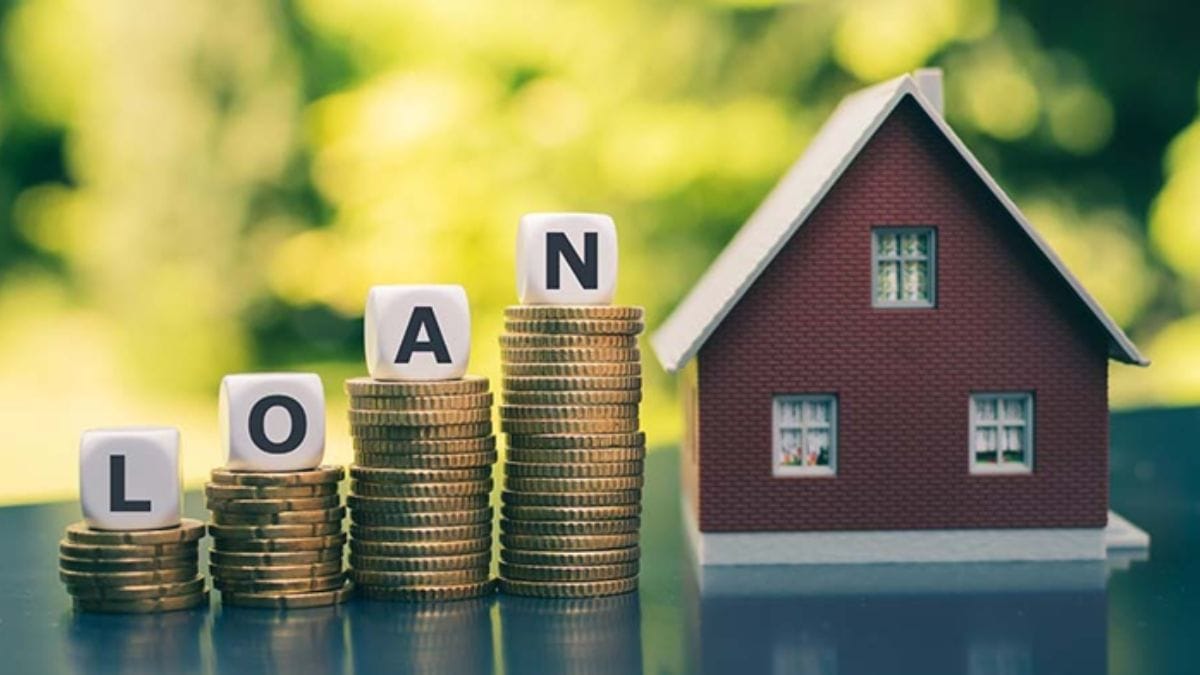As a potential homebuyer in India, you most likely know about the various factors that can affect the interest rate on a Home Loan. One of the important aspects or parameters is inflation, which may just impact your Home Loan EMIs. In this blog, we will discuss the basics of inflation and the way it affects interest rates on Home Loans today. So, let’s begin!
Inflation: What is it, and How Does it Impact the Economy?
Inflation is defined as the rise in prices of goods and services that reduces one’s purchasing power. It is usually caused either by high demand for goods and services or increased production costs. In India, the Consumer Price Index (CPI) is the principal measure of inflation. High inflation may exhaust savings and negatively affect economic stability, though moderate inflation suggests economic growth. Its effective management balances economic growth with price stability.
Inflation has an impact on the economy in a multitude of ways, including:
- Purchasing power: A rise in prices reduces the volume of goods and services that the same money could buy.
- Uncertainty: Inflation introduces uncertainty into the economy, making it hard for businesses and people to guess future costs and revenues.
- Interest rates: Inflation may affect the rate of interest. Lenders charge higher interest rates to compensate for inflation and maintain purchasing power over money lent.
Relationship Between Inflation and Home Loan Interest Rates
Inflation and interest rates for Home Loans are interrelated. In the wake of inflation, lenders will increase the rate of interest applied to keep a tight rein on eroding purchasing power. Thus, if you plan to take a Home Loan, you can expect to pay a higher rate of interest if inflation is high.
How it works:
- In a high-inflation environment, lenders increase the rates to match the price rise.
- High interest rates result in increased borrowing costs, thus negatively affecting economic growth.
- With slower economic growth, the rate of inflation cools down, and so does the interest rate.
History of Changes in Repo Rate and Impact on Home Loan Interest Rates
The Home Loan interest rate directly relates to the RBI’s repo rate. The repo rate refers to the rate at which RBI lends to commercial banks. And thereby, there happens a trickle-down effect when it comes to the rate of interest which the banks offer to their customers.
Traditionally, adjustments to the repo rate have been employed as a monetary policy tool to influence economic growth. For instance, in 2022, the Reserve Bank of India (RBI) increased the repo rate to 6.25% to contain inflation, which exceeded the RBI’s upper threshold of 6%. Consequently, this hike in the repo rate led to an automatic increase in home loan interest rates, thereby raising the cost of borrowing for home buyers.
As of the current period, the repo rate in India stands at 6.5% and has remained unchanged since February 2023. Historically, the repo rate has reached a peak of approximately 9% in 2008 and a low of 4% in 2020.
How Does Inflation Influence Your Home Loan EMIs?
Inflation greatly influences your Home Loan EMIs, particularly if you have a floating rate of interest on your loan. It influences in the following ways:
- With a hike in interest rates due to inflation, your Home Loan EMIs automatically go up, making it hard to manage your monthly expenses.
- Some of the consequences of this include longer loan tenures to keep your EMIs at affordable levels, which means you pay more interest over the loan tenure.
How to Mitigate the Effects of Inflation on Your Home Loan?
Here are ways you may manage the rise in inflation concerning your Home Loan:
- Fixed Interest Rate: If you think interest rates will go up due to inflation, try to opt for a fixed-interest loan to lock in a lower rate.
- Choose a Shorter Tenure: It allows you to pay less interest over the loan’s tenure and makes you less vulnerable to inflation.
- Prepay Your Loan: Prepaying decreases the outstanding with a consequential fall in EMIs, making it easier for individuals to handle inflationary pressure.
- Take the floating rate Home Loan: Opt for a floating rate if you expect inflation and interest rates to fall, allowing you to benefit from lower EMIs.
- Inflation-Indexed Loans: Some lenders offer inflation-indexed loans that adjust interest rates based on inflation. This can help you manage inflation and reduce your borrowing costs.
- Use a Home Loan EMI Calculator Tool: A Home loan EMI calculator can help you estimate your EMI and plan your finances accordingly. This can help you make informed decisions regarding your Home Loan.
Conclusion
Understanding the effect of inflation on Home Loan interest rates is crucial for homebuyers. By understanding the factors that influence inflation and interest rates, you can make informed decisions when it comes to your dream home. Remember to consider factors such as fixed vs. floating interest rates and inflation-indexed loans, and use an EMI calculator Home Loan tool to manage your finances effectively.





